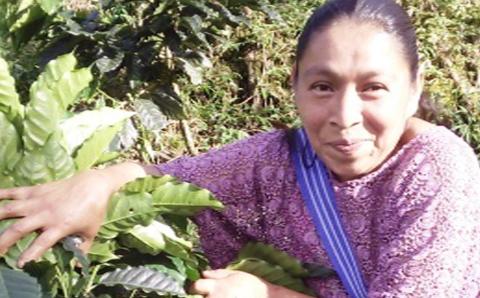Paul told the Corinthians that “those who eat and drink without discerning the body of Christ eat and drink judgment on themselves” (1 Cor. 11:29). Sober words indeed. No one wants to eat and drink judgment on themselves, which means that everyone should desire to discern the body. But what does that mean?
Contemporary commentators agree that “the body of Christ” refers primarily to the church, the fellowship of believers. The Corinthian church to whom Paul wrote was notoriously divided, even at the Lord’s table. The early church probably celebrated the Lord’s Supper within a larger love feast, something similar to today’s church potluck. The problem in Corinth was that the wealthier members of the church arrived early and ate their lavish spread, while the poorer members who arrived later went hungry: “One person remains hungry and another gets drunk” (11:21). The Corinthians, though many, did not form one body, for they did not all share the same loaf (see 10:17). Paul concluded that whatever they might think they were doing, it was not the Lord’s Supper they were eating (11:20).
Paul accused the wealthier Corinthians of “despising the church of God by humiliating those who have nothing” (11:22). They did not discern the body of Christ, which, in the context of 1 Corinthians, means to recognize and receive one another as brothers and sisters in Christ, especially at the Lord’s table. “When you gather to eat, you should all eat together,” Paul said (11:33). Other translations tell us to wait for and welcome each other.
What might that look like today? A few years ago, when our elders learned that some members of our congregation were gluten-intolerant, and that, as a result, at least one of them had not participated in the Lord’s Supper for several years, they decided that in our context discerning the body means celebrating communion with gluten-free bread so that when we gather to eat, we might all eat together.
Some have resisted the change, especially after actually eating gluten-free bread. Through trial and error, we have settled on a brand affectionately referred to as “the least-poor-tasting” available, which I must admit still tastes something like play-dough. In this case, discerning the body means that my brother’s or sister’s ability to participate in the sacrament takes precedence over my personal taste preferences. If there is any place where I should “in humility value others above myself” and “look not only to my own interests but also to the interests of others,” surely it is at the Lord’s table (Phil. 2:3-4).
Celebrating communion with gluten-free bread has become an important spiritual discipline for me. It reminds me that communion is not just about my relationship with Christ; it is also about my relationship with the body of Christ, the church. It forces me to die to myself for the sake of another, and it strengthens my sense that though we are many, we form one body, for we all share the same (gluten-free!) loaf. I wouldn’t want it any other way.
About the Author
Rev. Ryan Faber is pastor of worship and administration for Faith Christian Reformed Church, Pella, Iowa.









